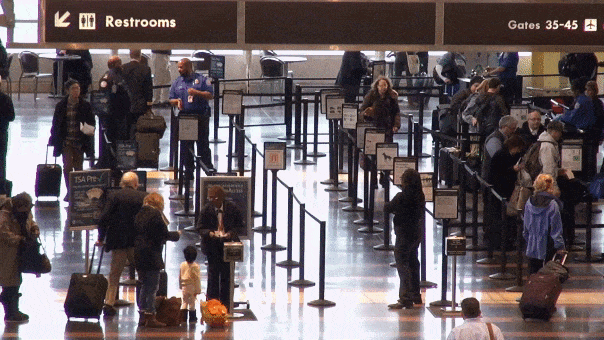As airlines compete to offer the world’s longest nonstop flights, travelers might understandably wonder what might happen if they—or fellow passengers—experience a medical emergency during a globe-girdling trip.
The question has come into sharp focus after actress Carrie Fisher suffered a heart attack at the end of an 11-hour United Airlines flight from London to Los Angeles.
As the plane descended into LAX, the crew was alerted to the situation, and several passengers, including at least one medical professional, reportedly came to Fisher’s aid and administered CPR. Emergency personnel met the plane when it landed, but Fisher was said to be unresponsive. She passed away on Dec. 27.
But what if there aren’t any doctors or other medical professionals aboard a flight?
More From Conde Nast Traveler
Airlines say they’re prepared, whatever the circumstances.
In December, United noted that, like all other U.S. carriers, its entire crew have advanced first-aid training and can handle most medical emergencies. Also, airlines are required to carry defibrillators—a rule mandated by the F.A.A. back in 2001—as well as a host of other medical equipment, such as supplementary oxygen.
Some airlines are going beyond these requirements, however, making sure they know in advance whether there is a doctor aboard any given flight. A notable example is Lufthansa, which a few years ago started its “Doctors on board” program that encourages physicians to put their name on a list of those willing to be called on should there be an inflight emergency. The idea is that, using the membership rolls, flight attendants will automatically know when a member doctor is on the plane and where he or she is seated, freeing the crew from the need to make a dreaded “is there a doctor onboard?” announcement.
The plan has since been expanded to cover flights on partner airlines Austrian and Swiss. More than 10,000 doctors have signed on, mostly located in Europe and North America—culled from an initial outreach to some 15,000 doctors known to Lufthansa. Those who sign up can receive perks for their service, including bonus miles, but are not paid.
And with air travel on the rise, there's definitely a need for medical expertise in the air: Lufthansa alone handles roughly 3,000 inflight medical emergencies each year, ranging from minor stomach upsets to life-threatening situations like heart attacks. Around 50 situations annually are so serious that they require diverting the flight to the nearest airport. Inevitably, a few babies are born mid-flight in an average year.
Mark Gendreau, MD, an emergency physician at the Lahey Clinic, in Burlington, Massachusetts, and an expert on the medical aspects of air travel, is among those who’ve signed up. He noted that airlines in general are often flummoxed by how to handle or thank doctors who step up to the plate during an inflight emergency.
Part of that may be due to Good Samaritan laws that indemnify doctors who come to the aid of a passenger—a protection that only extends to them if they are clearly functioning as “volunteers” who are not compensated. Lufthansa states clearly on its site that it takes responsibility for the doctor’s exposure to any liability, and in the U.S., the law specifically protects medical personnel in such situations.









































